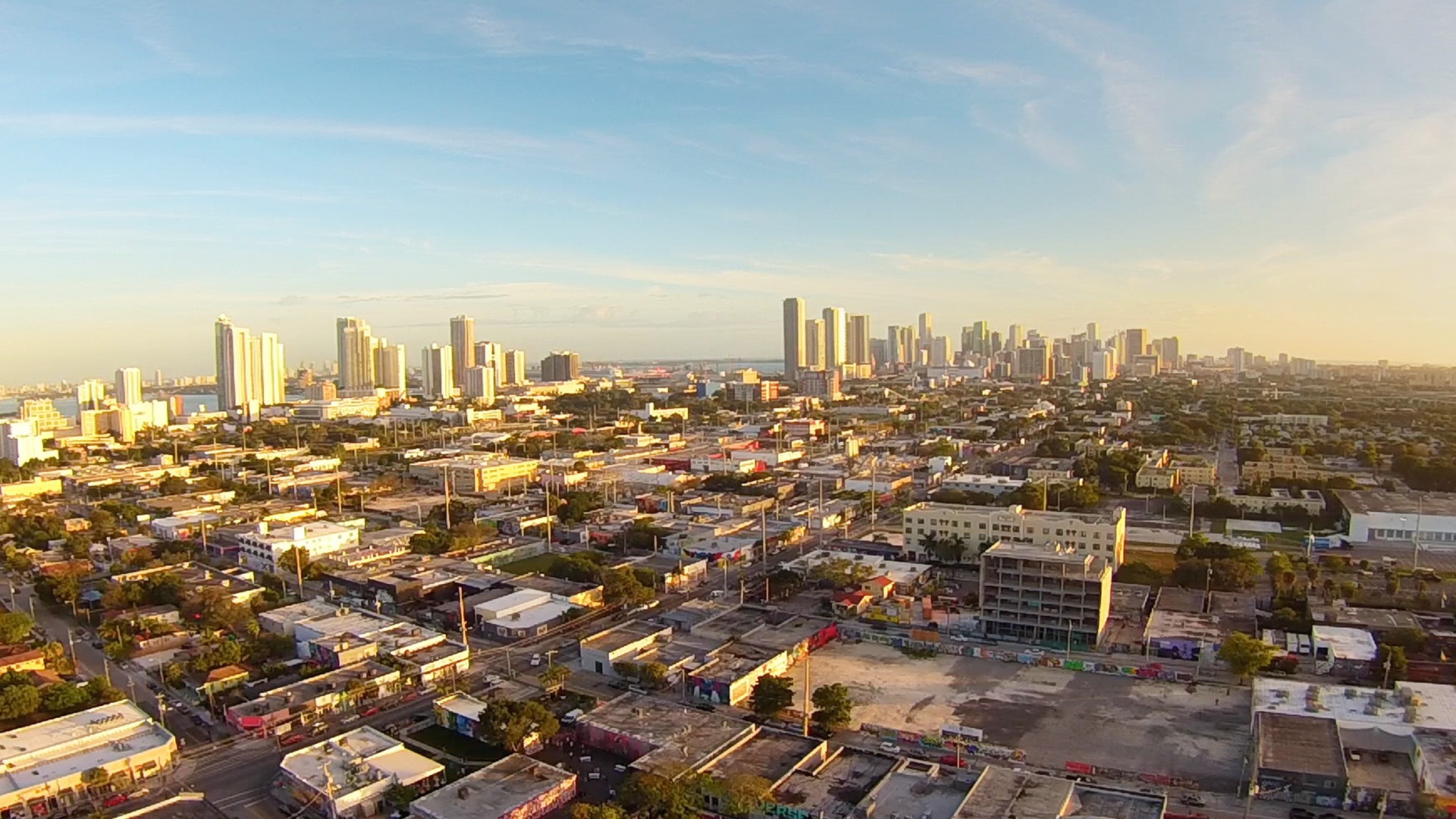Tomas Regalado, Republican mayor of Miami
In one of the bright points of Republican response, Regalado put pressure on Trump and the EPA to acknowledge climate change as a factor in the recent superstorms. Hurricane Irma has forced thousands to evacuate Miami. A Cuban-American former journalist, Regalado has previously referred to climate change as "the biggest challenge the city of Miami will ever face."He was one of the 15 South Florida mayors to write to then-presidential candidates Marco Rubio and Jeb Bush last year urging them to begin collaborating on a plan of action against the effects of climate change in their state."This is the time to talk about climate change. This is the time that the president and the EPA and whoever makes decisions needs to talk about climate change … If this isn't climate change, I don't know what is. This is a truly, truly poster child for what is to come."
Check out more videos from VICE:

Greg Abbott, Republican Governor of Texas
"New normal" sounds like a public acknowledgment of climate change. It is not. Abbott is a long-time denier of climate science, and all he's saying here is that this is simply how things are now, for no reason. Incredibly, he maintained that opinion even while writing this letter to Trump asking for federal assistance:"[Hurricane Harvey is] one of the largest disasters America has ever faced … We need to recognize it will be a new normal, a new and different normal for this entire region."
"Hurricane Harvey's rapid intensification has furthermore resulted in strained resources … Considering time sensitivity and anticipated geographic scale of the storm, the scope of this event will rapidly overwhelm the state's ability to provide response and recovery assets to save Texans and protect property and critical infrastructure."
Bill Nelson, Democratic Senator of Florida
This was part of a statement over the weekend in which Nelson unequivocally linked Irma to climate change, warning that we needed to prepare for more superstorms in the near future."As the Earth heats up, two-thirds of the Earth is covered in water. That's the oceans. Ninety percent of that heat is absorbed by the oceans. When water is heated, what happens? It expands. Now, it expands in different places. South Florida is one of the places that is seeing sea level rise upwards of eight inches in the last four decades … As the earth continues to heat up, if we don't stop heating up, it will all the more rise. So since warm water is a fuel for hurricanes, you start to see the effect: that you will have more frequent storms, and they will be more ferocious, if they are fed by that hot water."
John Bel Edwards, Democratic Governor of Louisiana
"The degree to which human conduct is impacting that change is, I think, somewhat debatable."
Mitch Landrieu, Democratic mayor of New Orleans
Ted Cruz, Republican Senator of Texas; John Cornyn, Republican Senator of Texas; Marco Rubio, Republican Senator of Florida; Rick Scott, Republican Governor of Florida: John Neely Kennedy, Republican Senator of Louisiana; Bill Cassidy, Republican Senator of FloridaEach has denied or voiced doubt about human contribution to climate change in the past. The sort-of exception would be Cornyn, who has vaguely referenced man having an effect on "the environment," but went on to say the government shouldn't respond to it. And he, alongside Cruz, was happy to vote for federal hurricane relief for Harvey, which hit their state, after voting against it in 2012 for Hurricane Sandy, which hit somebody else's state. It's telling that Sylvester "Sly" Turner, the Mayor of Houston, joined a group of other mayors in calling on Trump to take action on climate change.Find out more information about how you can get your local leader on board with the devastating problem of climate change."Climate change is one of the greatest threats to our coastal communities, nation and world…In New Orleans, we face a triple threat: subsidence, coastal erosion and sea level rise. If unchecked, New Orleans, like many coastal cities, will be forced to retreat. This strategy will help us transition to a low-carbon economy that not only helps manage our climate risk, but also creates new businesses, jobs, and wealth."
